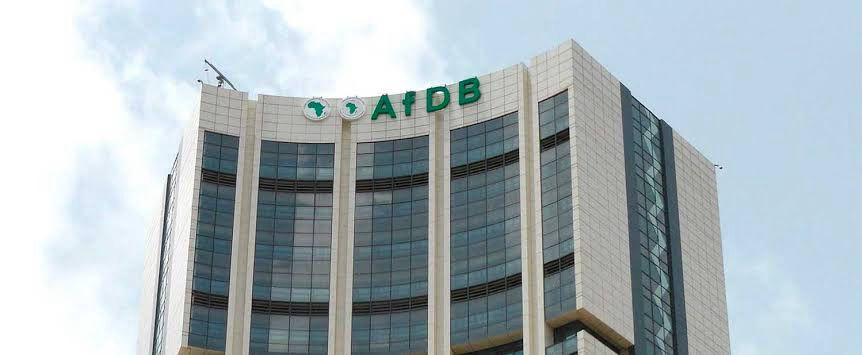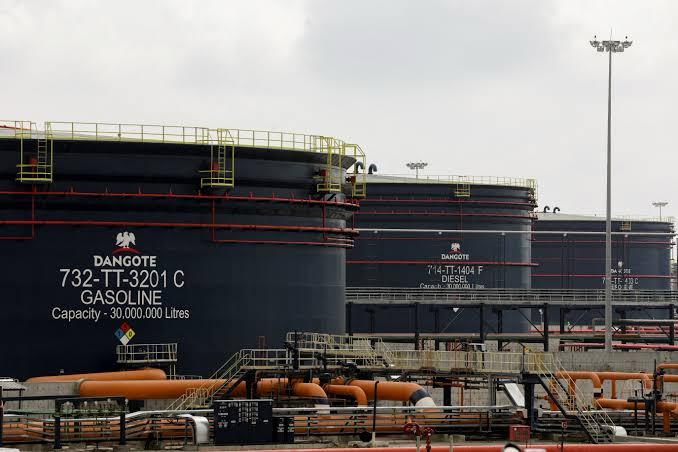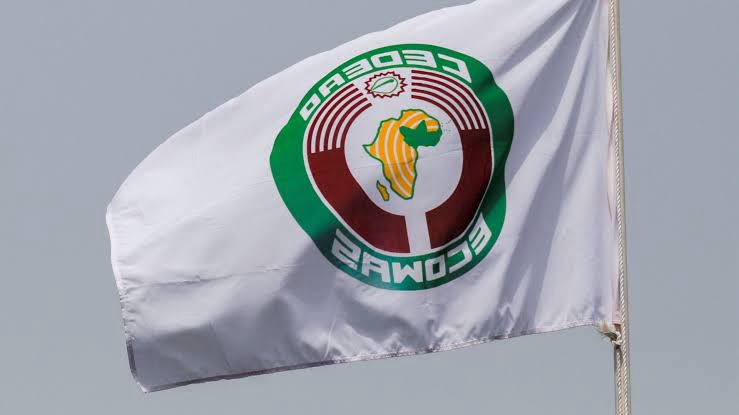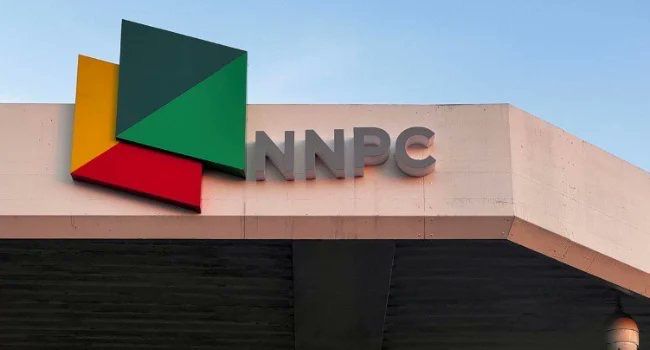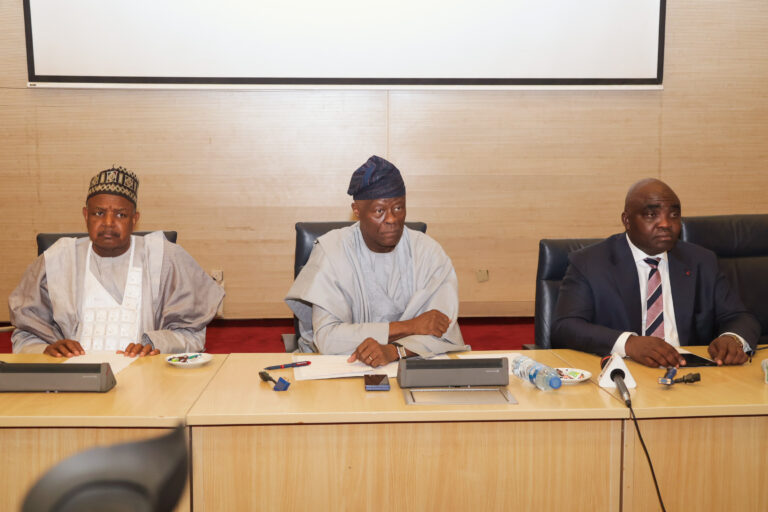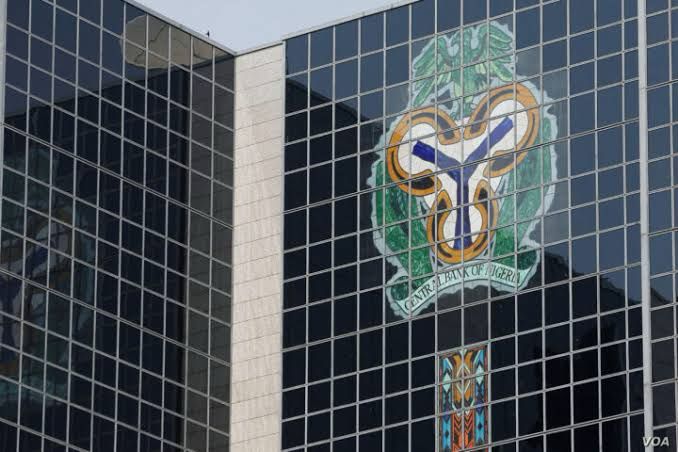The African Development Bank Group (AfDB) has approved a $2.25 million financing package to urgently boost agricultural productivity in Sierra Leone, targeting the critical issue of low fertilizer use and poor soil health that has hindered the nation’s food security. AfDB said in a statement on Thursday.
According to the statement, the funding will support the Fostering Africa’s Agricultural Productivity through Fertilizer Value Chain Financing (FOSTER) project, a three-year initiative (Dec. 2025 – Nov. 2028) implemented by the international non-governmental organization Welthungerhilfe. The project is designed to reach over 126,000 smallholder farmers in the districts of Bo, Kenema, Pujehun, and Kono.
Fertilizer Gap
Sierra Leone’s agriculture sector, the backbone of its economy, faces systemic challenges rooted in low-input farming. The AfDB pointed out that the national fertilizer application rate currently averages 12.8 kg per hectare, a stark contrast to the 131 kg per hectare recommended by the Nairobi Declaration for achieving food self-sufficiency. This low application rate, coupled with the fact that Sierra Leone’s soils are naturally deficient in fertility, has led to sub-optimal yields and an increasing dependence on food imports.
Halima Hashi, AfDB Country Manager, stressed the strategic importance of the intervention. “The FOSTER project represents a strategic and timely intervention to address one of the most critical constraints to agricultural development in Sierra Leone,” she said. “By mitigating risks across the fertilizer value chain and strengthening the enabling environment, we are laying the foundation for sustainable growth.” She added.
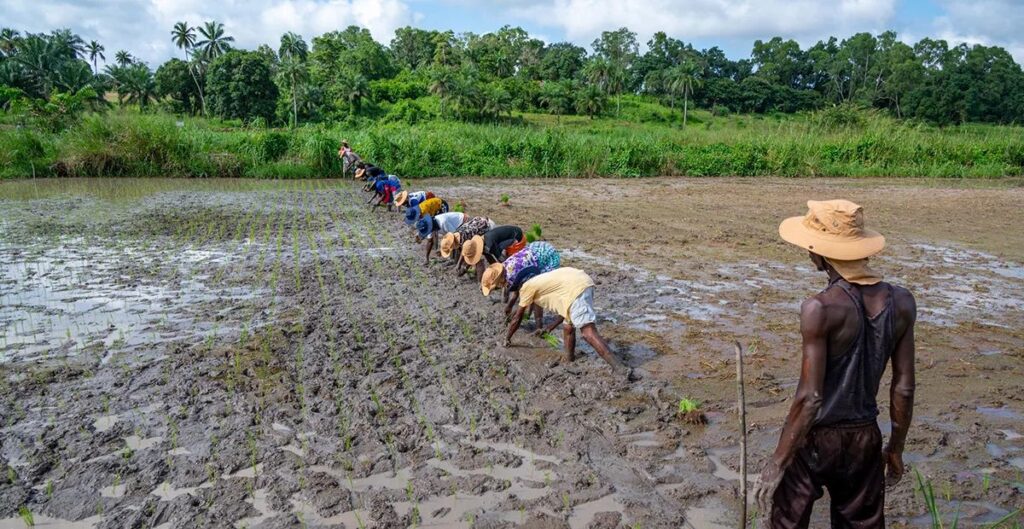
Targeted Impact

According to the statement, the $2.25 million package comprises several components designed to mobilize private sector support:
- $1.5 million Partial Credit Guarantee from the Africa Fertilizer Financing Mechanism (AFFM).
- $700,000 grant dedicated to soil health management and training.
- $50,000 in-kind support from Welthungerhilfe.
These resources are expected to leverage approximately $9 million in private financing, which will facilitate the distribution of 9,500 metric tons of quality fertilizer through participating financial institutions, including Apex Bank, Rokel Commercial Bank, Ecobank Sierra Leone, and Safe Capital Microfinance.
The project sets an ambitious goal of increasing fertilizer application rates to 35 kg per hectare among beneficiary farmers and is projected to boost the yields of key crops—including rice, onions, tomatoes, and soybeans—by up to 30 percent.
national rice yields have historically lagged below the regional average, often ranging between 1.27 and 2.1 metric tons per hectare.
Soil Health and Policy Reform

Beyond financing, a central pillar of FOSTER is to address the endemic issues of poor fertilizer efficiency and quality. Verifiable data indicates that many farmers rely on “blanket recommendations” rather than soil-specific needs, and issues of fertilizer adulteration and low quality persist on the open market.
To counter this, the project will dedicate resources to:
- Promoting good agricultural practices through establishing 100 demonstration plots.
- Training 126,667 farmers through 120 field days on proper application techniques and the importance of soil testing, a practice currently rare among smallholders.
- Strengthening regulatory frameworks by working with Sierra Leone’s National Fertilizer Regulatory Agency, including the creation of a national agro-dealers database.
Furthermore, with 40 percent of beneficiaries being women and 10 percent youth, the initiative directly supports job creation and gender-equitable access to capital and resources.
The FOSTER project is a tangible piece of the AfDB’s broader support for Sierra Leone. The bank recently approved a $500 million Country Strategy Paper (CSP) for 2025–2030, with agricultural value-chain development being one of its core priorities.
The ultimate aim of these combined efforts is to drastically reduce Sierra Leone’s reliance on imported food. Staple crops, particularly rice, currently account for an estimated 70 percent of the West African country’s food import dependency.




